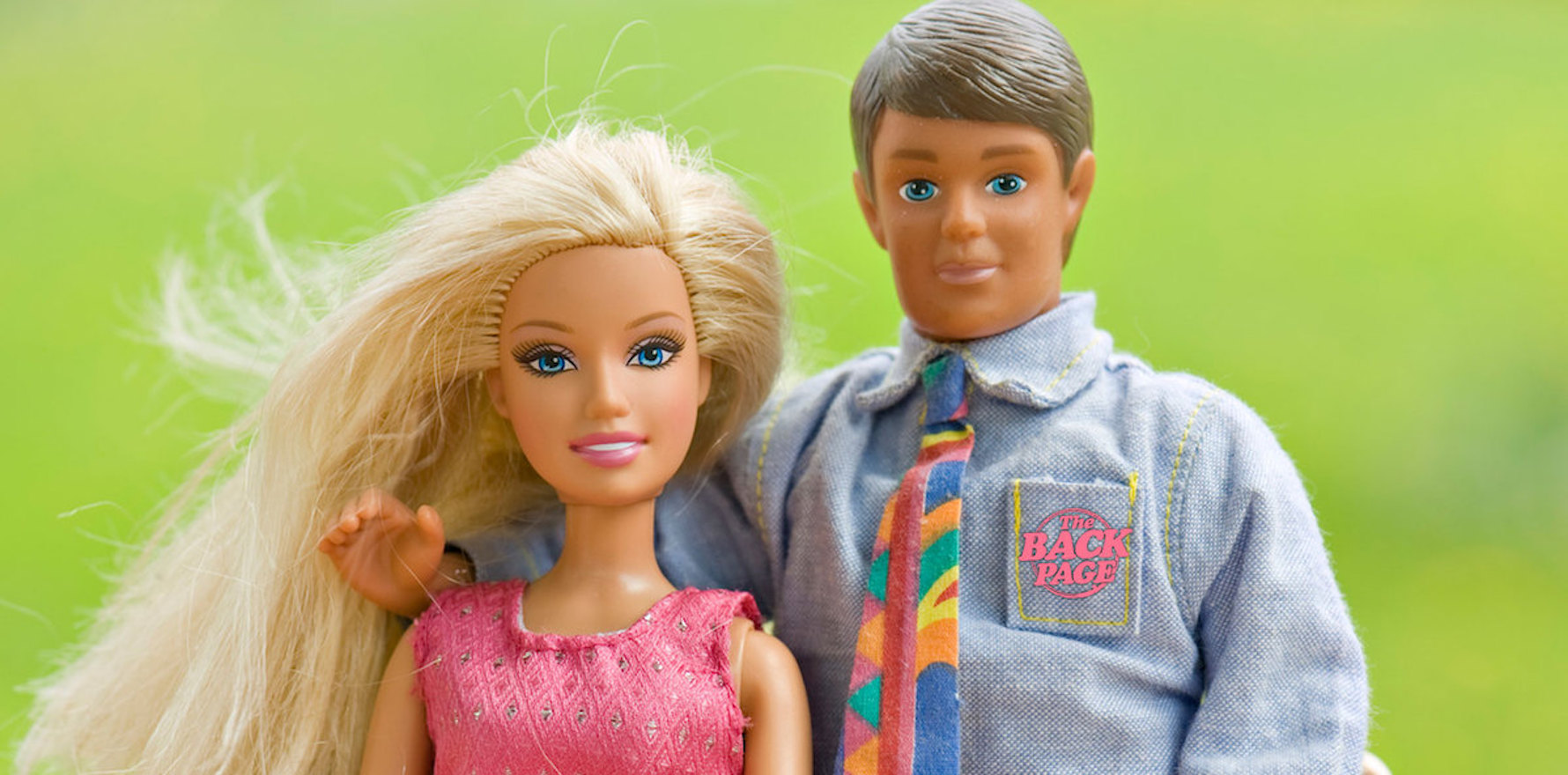According to neuroscience brought you to by ... Mattel.
In another ingenious (conniving?) marketing move, Mattel has infiltrated UK schools by supplying free Barbies (and Kens! – he’s not always forgotten) with big plans to teach empathy through role play.
But controversy has ensued.
The move followed the results of a five-year collaboration between the multinational behind the Barbie franchise and Cardiff University. Published in Frontiers in 2020, the research showed increased activity in the posterior superior temporal sulcus – the area of the brain associated with processing of social information – in children who played with Mattel dolls compared to those playing games on a tablet. A Mattel-sponsored reanalysis of the results in 2022 found that doll play resulted in more discussion about the thoughts and emotions of others.
Mattel launched the “Barbie School of Friendship” program across 700 schools in the UK, with an audience of over 150,000 students, aimed to promote child development through role-play exercises. Schools received dolls, lesson plans, guidance for children with special needs, parent information and other interactive merch – all Barbie-branded, of course.
Pamphlets aimed at the primary students offered the chance to win £100 by submitting a drawing of “a friend/Barbie/Ken” expressing an emotion.
The move has been criticised by experts, who expressed doubt about the validity of the background research and concerns around gender stereotyping in an investigation published in the BMJ.
Despite praising the set-up of the original study, psychologist Dr Franziska Korb from Dresden University said conclusions could not be drawn from the study about long-term benefits for child development of behaviour.
Even the studies own senior author, developmental psychologist Dr Sarah Gerson from Cardiff University had reservations about Mattel’s claims that the research showed that playing with Barbies offered “major benefits”.
Mattel rebutted criticisms by releasing anonymous teacher testimonials championing the program for the diversity in body type, disability and skin tone of the dolls and its resulting benefits for the children involved.
But experts remained wary.
“The project makes me suspicious that it may be exploitative,” said Philippa Perry, a psychotherapist and author of books on parenting and education. “I feel faintly repulsed by it.”
“Commercial entities like Mattel are not experts in children’s health or education; they are experts in selling products to maximise profits,” said May van Schalkwyk, a specialty public health registrar at the London School of Hygiene and Tropical Medicine.
“The Mattel materials are heavily branded – why should children be exposed to this type of stealth marketing?”
But Lisa Georgeson, a teacher at Lord Blyton Primary School, which was involved in the program, said Mattel offered free resources “which, given the current lack of funding in schools, is always a positive”.
The Department of Education declined to comment on its role in evaluating the program and pointed to schools as solely responsible for regulating their own educational material.
Having spent Sunday afternoon crook-necked in the front row of one of many cinemas awash with Barbie pink, the Back Page – like schools across the UK – continues to battle the uneasy feeling of being a pawn in Mattel’s money-making reinvention, while covertly gathering troupes for the rising of the matriarchy.
Send your story tips and Barbenheimer reviews to penny@medicalrepublic.com.au.


